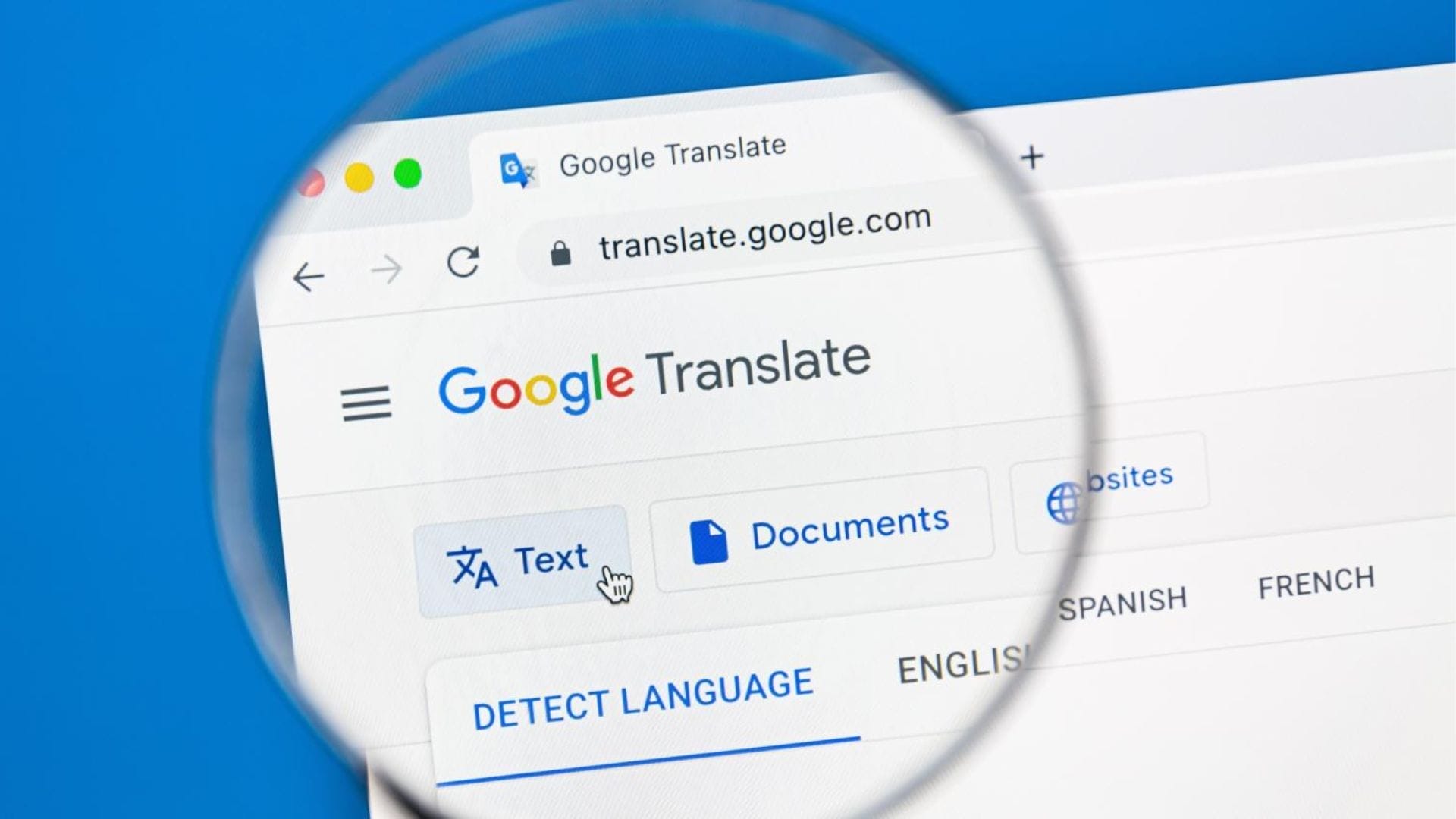Google Translate expands to 110 new languages using AI, including Cantonese
Thanks to AI, Google Translate has expanded to 110 new languages, bringing its total to 134 and promoting global communication.

Google Translate has significantly expanded its language offerings, now supporting 110 languages. This update brings the total number of supported languages to 134, thanks to advancements in artificial intelligence.
Table Of Content
A milestone for language diversity
In a recent announcement, Google revealed the inclusion of 110 new languages in its free translation service. This significant update was made possible using Google’s PaLM 2 large language model. PaLM 2 was pre-trained on multilingual text and is adept at understanding linguistic nuances, enabling it to decode and translate languages spoken by smaller communities and even those with very few native speakers remaining.
Notably, one-quarter of these newly added languages are from Africa. Languages such as Fon, Kikongo, Luo, Ga, Swati, Venda, and Wolof are now available for translation, showcasing Google’s commitment to promoting linguistic diversity.
Pushing towards the 1,000 Language Initiative
The addition of 110 languages marks the most significant single update to Google Translate since its inception. This milestone brings Google closer to achieving its ambitious 1,000 Language Initiative, which aims to support the 1,000 most spoken languages worldwide with an AI model.
Among the new languages, Cantonese was particularly challenging to include. Google noted that many Cantonese words overlap with Mandarin in their simplified and traditional forms. This overlap complicates sourcing data and training the AI model to provide accurate translations.
Another notable inclusion in this update is Tok Pisin, an English-based creole from Papua New Guinea. However, it is worth mentioning that Singlish, the pidgin-to-creole language from Singapore, still needs to be added to the platform.
Celebrating 18 years of Google Translate
Google Translate celebrated its 18th birthday in 2023, supporting up to 100 languages then. The service has continuously evolved, embracing new technologies to enhance its capabilities. This latest update reaffirms Google’s commitment to making global communication more accessible and inclusive by breaking down language barriers.
As Google Translate continues to grow, users can expect even more languages to be added, further bridging communication gaps and fostering understanding across diverse cultures.















